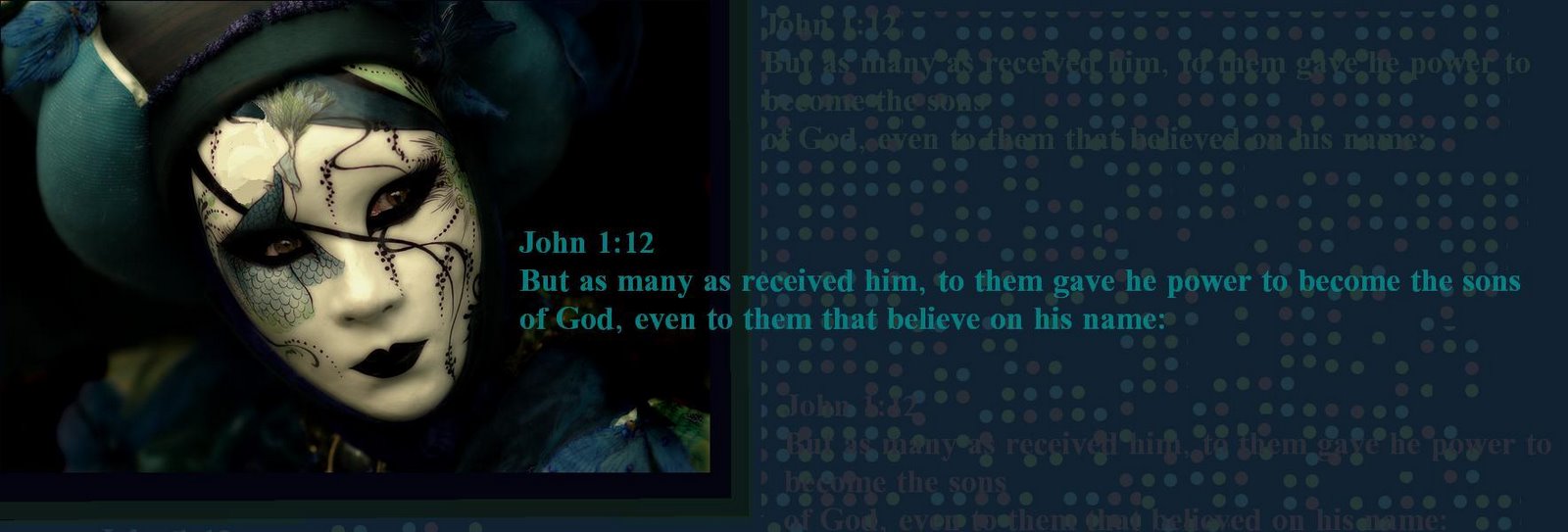African American History - After the Revolutionary War
The decline of slavery in the period was most noticeable in the states north of Delaware, all of which passed laws outlawing slavery quite soon after the end of the Revolutionary war. However, these gradual emancipation laws were very slow to take effect — many of them only freed the children of current slaves, and even then, only when the children turned 25 years old. Although laws prohibited slavery in the North, the "PECULIAR INSTITUTION" persisted well into the 19th century.
Even in the South, there was a significant movement toward freeing some slaves. In states where tobacco production no longer demanded large numbers of slaves, the free black population grew rapidly. By 1810 one third of the African American population in Maryland was free, and in Delaware free blacks outnumbered enslaved African Americans by three to one. Even in the powerful slave state of Virginia, the free black population grew more rapidly than ever before in the 1780s and 1790s. This major new free black population created a range of public institutions for themselves that usually used the word "African" to announce their distinctive pride and insistence on equality.
The overall impact of the Revolution on slavery also had negative consequences. In rice-growing regions of South Carolina and Georgia, the Patriot victory confirmed the power of the master class. Doubts about slavery and legal modifications that occurred in the North and Upper South, never took serious hold among whites in the Lower South. Even in Virginia, the move toward freeing some slaves was made more difficult by new legal restrictions in 1792. In the North, where slavery was on its way out, racism still persisted, as in a Massachusetts law of 1786 that prohibited whites from legally marrying African Americans, Indians, or people of mixed race. The Revolution clearly had a mixed impact on slavery and contradictory meanings for African Americans.



0 Comments:
Post a Comment
<< Home